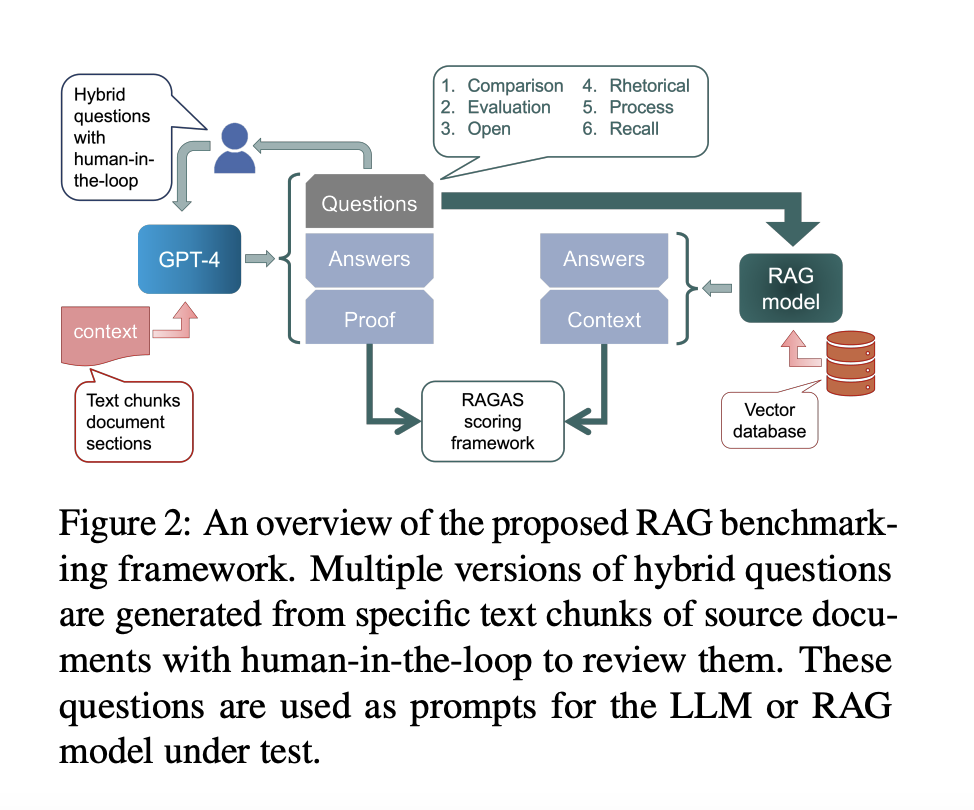
Natural Language Processing Advancements in Specialized Fields
Retrieval Augmented Generation (RAG) for Coherence and Accuracy
Natural Language Processing (NLP) has made significant strides, especially in text generation techniques. Retrieval Augmented Generation (RAG) is a method that enhances the coherence, factual accuracy, and relevance of generated text by incorporating information from specific databases. This approach is crucial in specialized fields like renewable energy and environmental impact studies.
Challenges in Text Generation in Specialized Fields
Generating accurate and relevant content in specialized fields like wind energy permitting and siting can be challenging. Traditional language models may struggle to produce coherent and factually correct outputs in these niche areas, leading to inaccuracies and irrelevant content.
Addressing Challenges with Benchmarking and Evaluation
The introduction of the PermitQA benchmark by Pacific Northwest National Laboratory researchers offers a tailored tool to evaluate RAG-based language models’ performance in handling complex, domain-specific questions. This benchmark employs a hybrid approach, combining automated and human-curated methods for generating challenging yet contextually accurate questions.
Evaluating RAG Models’ Performance
The PermitQA benchmark rigorously tested the performance of RAG-based models, revealing their limitations in handling complex, domain-specific queries. While these models can handle basic questions, they struggle with more nuanced and detailed information, emphasizing the need for further advancements in this area.
Practical Applications and Future Research
The PermitQA framework not only serves as a practical tool for evaluating current models but also lays the foundation for future research in improving text generation models in specialized scientific domains. It addresses a critical gap in the field and provides a versatile tool that can be adapted to other specialized domains.



























